Many expected a structured esports league for women and other marginalized genders in competitive League of Legends after the successes of VALORANT’s Game Changers, but nothing surfaced. Team Vitality revealed this was actually in the works for League, but Riot Games has since abandoned communication on the project.
Vitality is one of several European esports organizations that have invested a lot into their women’s League of Legends rosters. Their “Rising Bees” roster currently has full-time contracts, which team captain Velouria “Viki” Baty wholeheartedly believes helps them improve in an interview with Dot Esports. However, despite giving their female League professionals more support, coaching, and access to resources, both Viki and Team Vitality Director of Esports Anne Banschbach are “frustrated” at the lack of support from Riot Games.
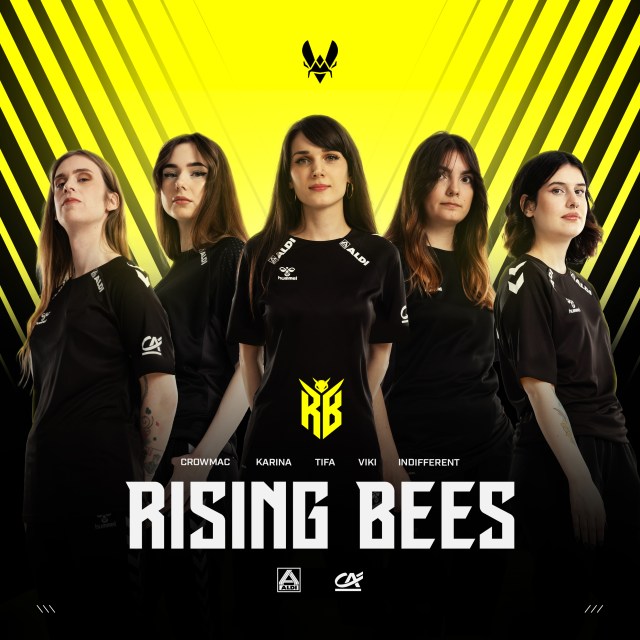
VALORANT Game Changes has been a trendsetter in esports, providing a full schedule of official tournaments for women and marginalized genders. Its 2022 Championship broke records, becoming the most viewed tournament for a PC-based women’s esports tournament and suggesting a bright future for women’s esports across titles. However, recent Riot Games layoffs have impacted the VCT Game Changers team, which could mean bad news for the circuit. Anne suggested “there potentially might not be something there anymore” when it comes to a Game Changers-style system for League of Legends.
This was not always the case. In 2023, Riot initiated “talks and plans” for a 2024 League Game Changers with major teams, including Vitality. These plans would build a full Game Changers program, as opposed to the one-off tournaments briefly held in the US under the “Game Changers” name.
“Unfortunately, we have not heard back from them. We don’t know if there is anything happening,” Anne revealed to Dot. From her perspective, we are “seeing a situation where funds for women’s esports are being pulled” when that should be “a joint focus with organizations and publishers.”
A small-scale attempt was made in 2023 to showcase the abilities of marginalized genders in North America with the LCS Game Changers program. This previous version of Game Changers was the only one to be broadcast, despite the program actually launching in 2021. It was significantly underfunded and undersupported—only three rosters participated, all of which were partnered with mainstream LCS organizations for the tournament.
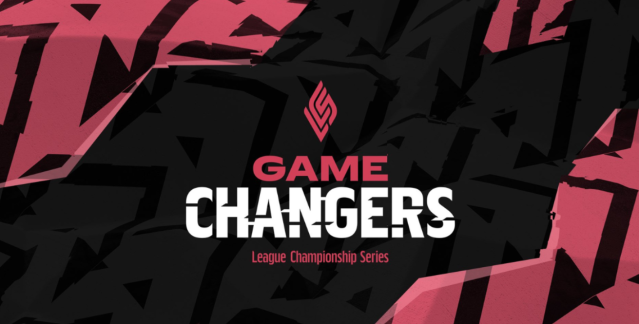
It is unclear whether the limited scope of the LCS Game Changers project impacted Riot’s decision to halt communication with women’s teams over a more comprehensive system. The commercial viability of women’s esports has long been doubted or disputed within the industry, particularly after damaging examples of forced diversity such as the infamous 2019 signing of an all-female team by Vevictis Esports.
The roster was chronically underqualified for the League of Legends Continental League, where they suffered discrimination from other LCL teams and produced non-competitive results. One year later, they were removed from the league due to an “unacceptable level of competitiveness.”
This incident demonstrates the need for women’s esports spaces, where female teams can develop and grow in an environment that supports overcoming the unique challenges they face. As stated by Viki, female players “need more visibility and experience.” She expressed her desire to demonstrate to young girls that competing in esports is a valid and achievable goal for women, emphasizing the need for role models that represent them in the scene. Riot Games had the perfect opportunity to showcase female League of Legends players with Game Changers. Nevertheless, it appears to Team Vitality that those plans have been abandoned.
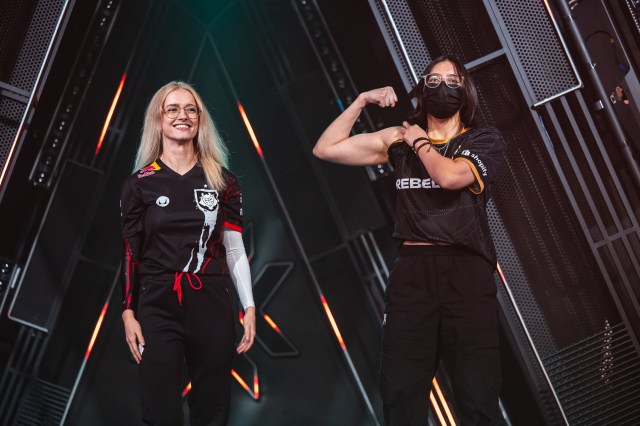
Both Anne and Viki expressed frustration over Riot’s attitude towards women’s League, proclaiming “we want more” in response to the organization’s inconsistency in opportunities for women in esports. In particular, they emphasized that women’s esports remains a crucial investment rather than a profitable task. It is a responsibility, rather than a race to make a quick buck.
Despite the inconsistencies experienced, Team Vitality is keeping its women’s roster on a full-time basis in the hopes that Riot Games will recommit to supporting the growth of women and gender minorities across all their titles. Other esports organizations such as G2, Galaxy Racer, and BIG have also invested in women and gender minority-only rosters in the past year.
The organizations are unquestionably ready. Whether Riot will meet their demands is another question entirely.



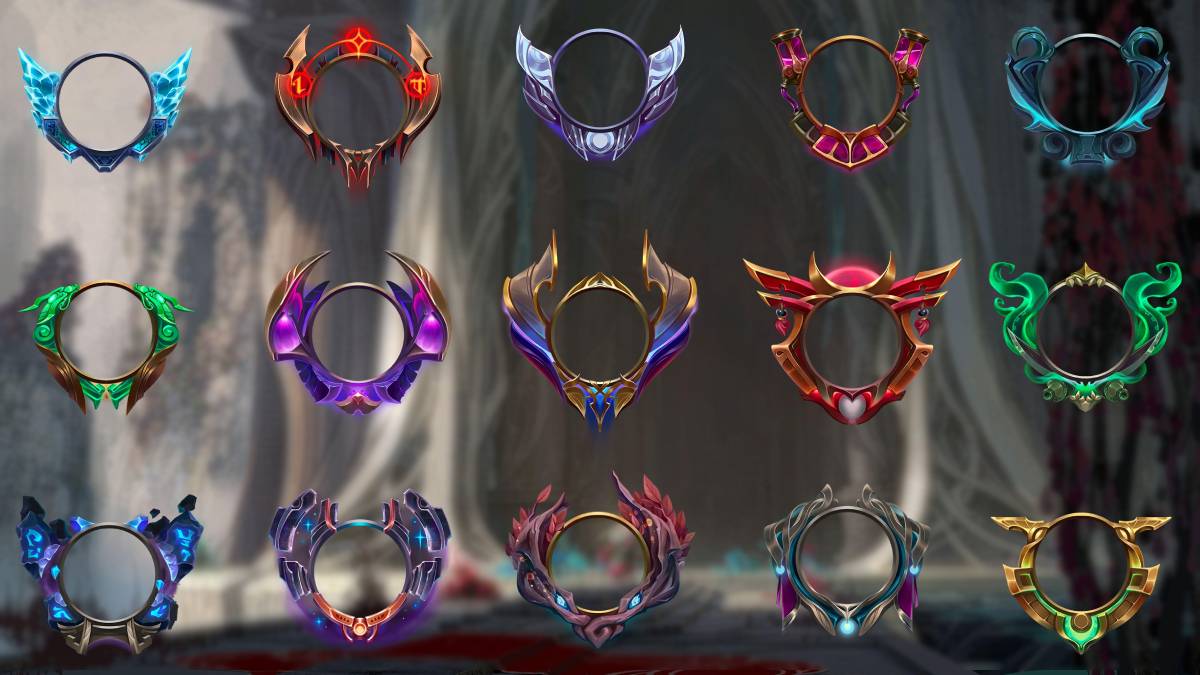
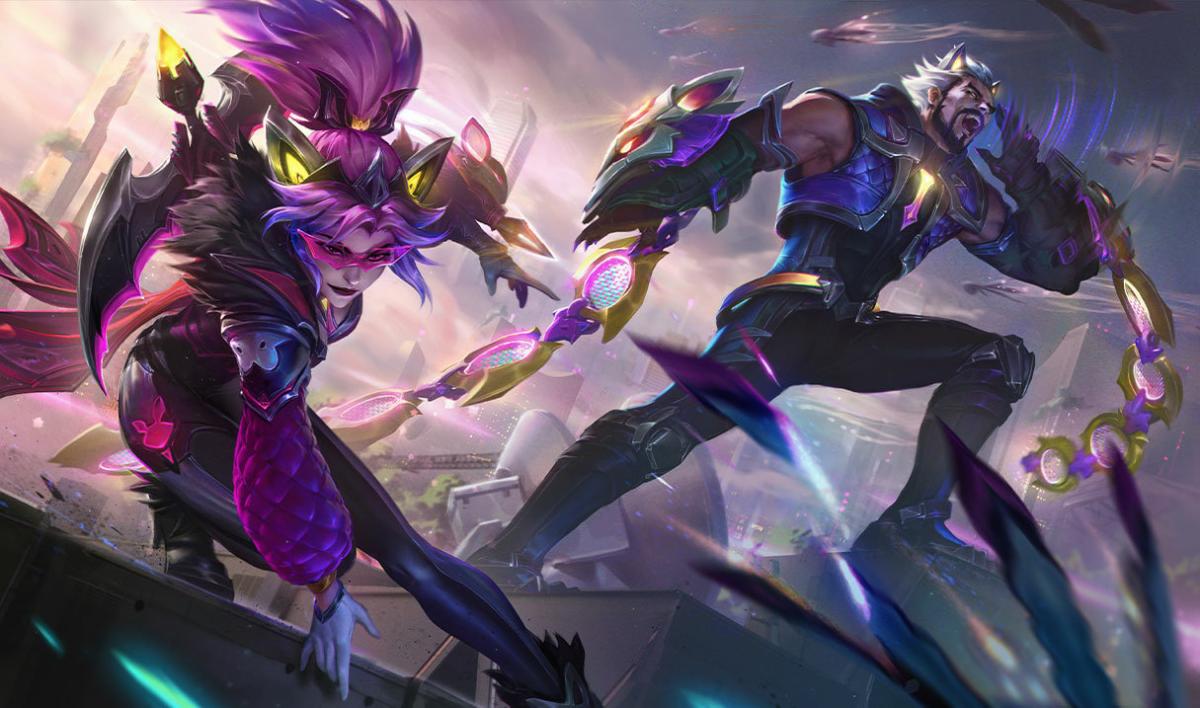

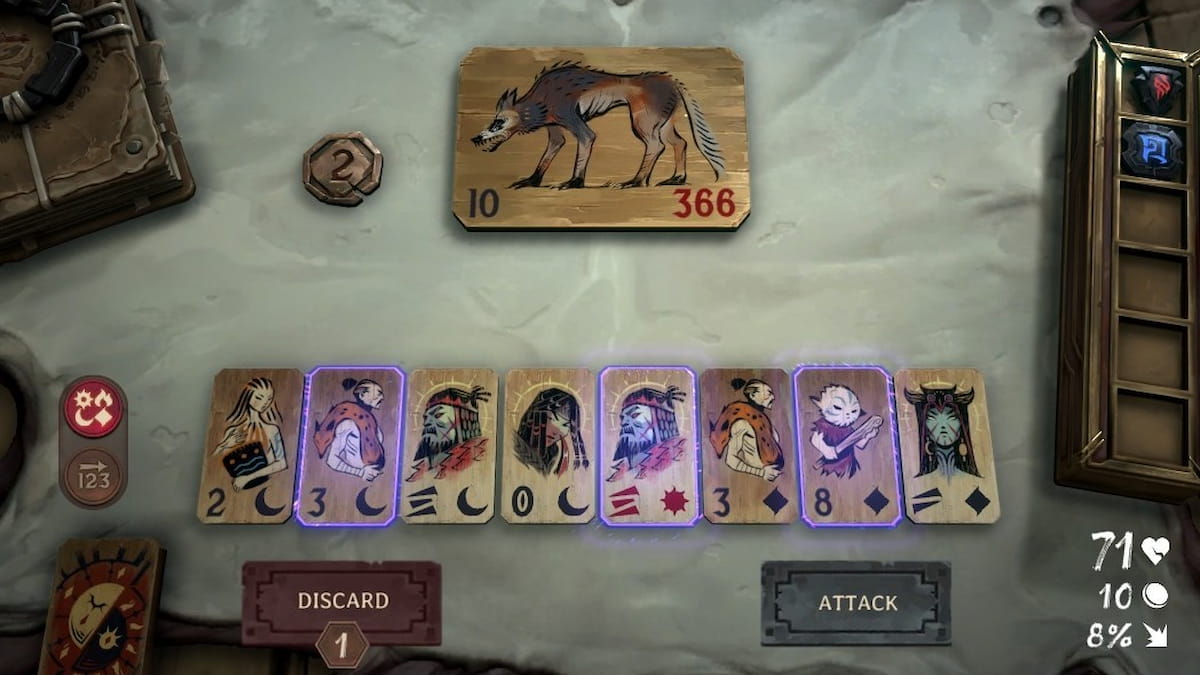
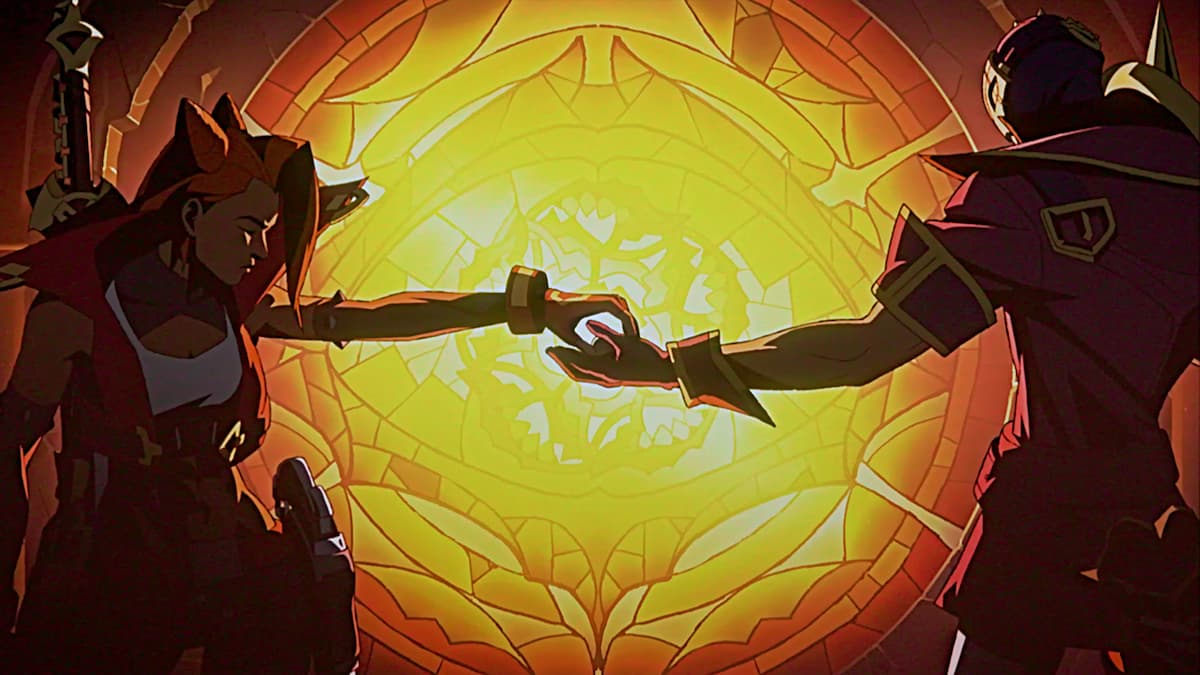



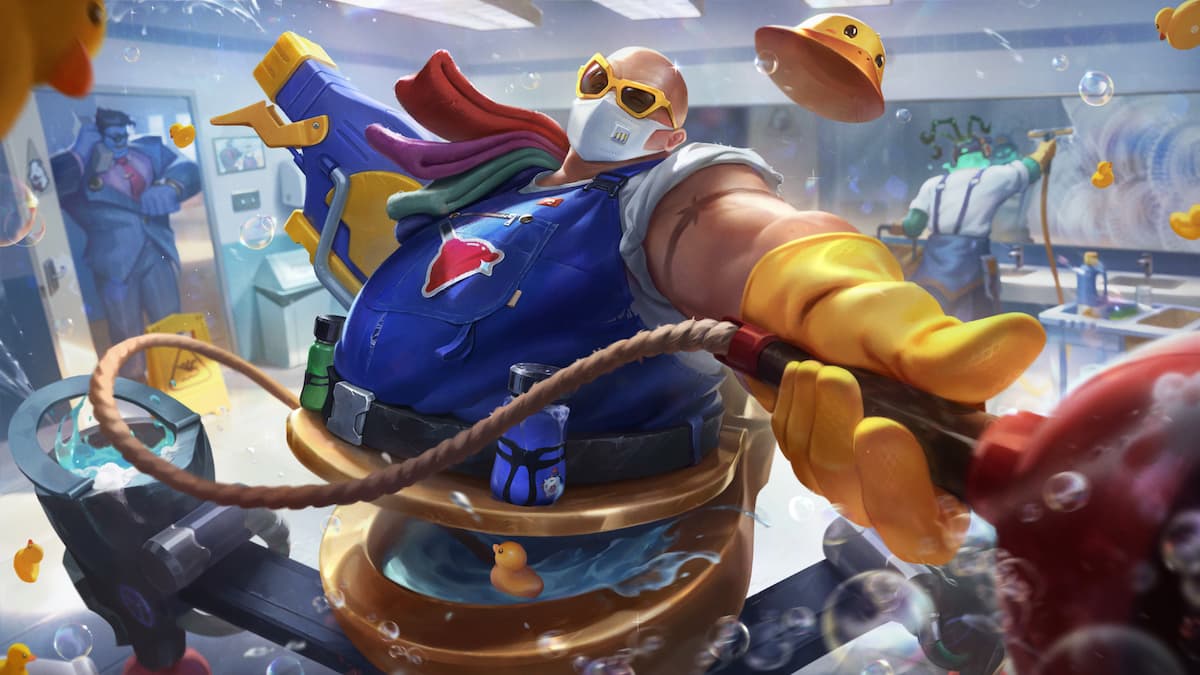
Published: Apr 7, 2024 07:22 am